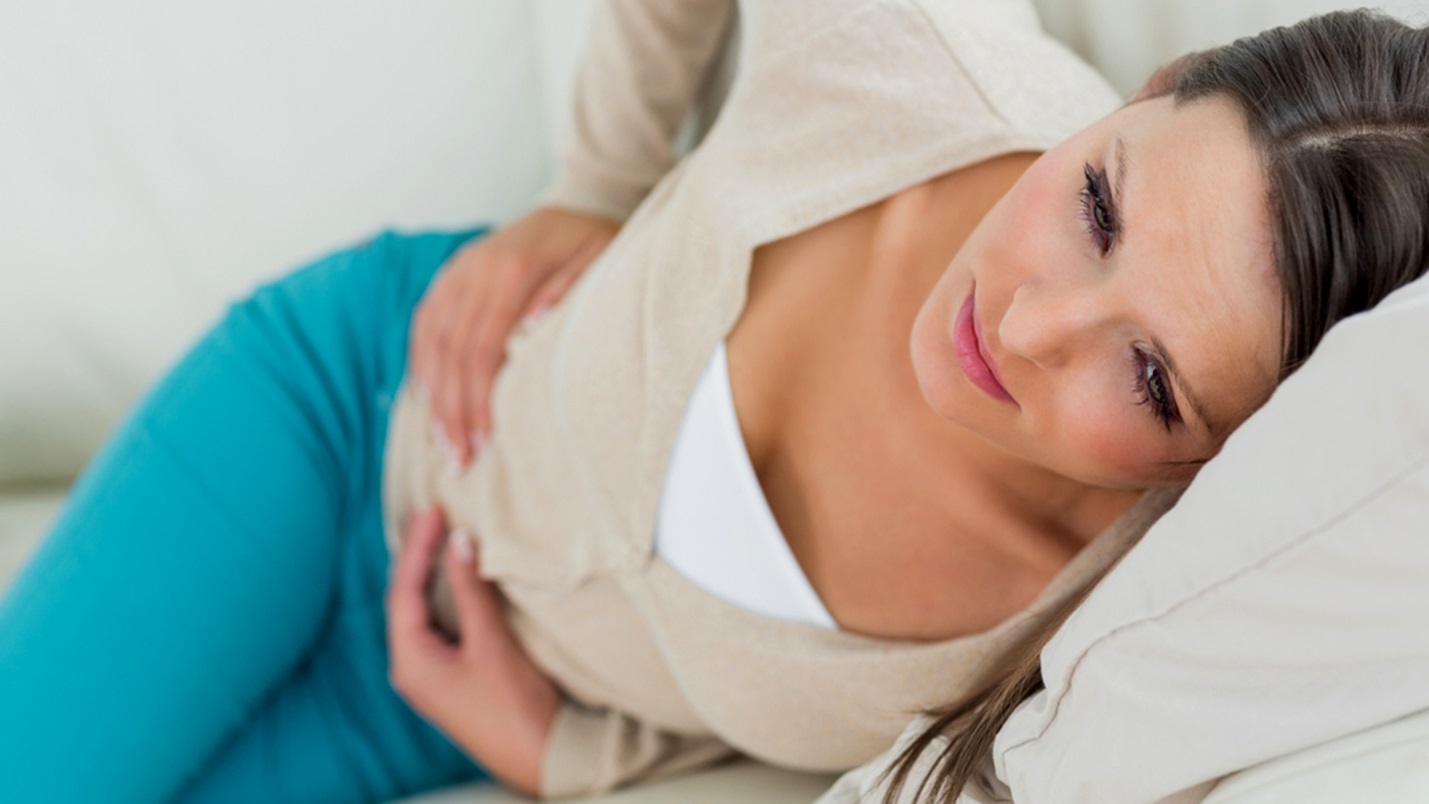The need to have a bowel movement is so natural that most of us do not give it any thought. It is considered normal, and for most people is a daily occurrence. There are some cases, however, where people feel the urge to go even when they don’t need to. It is considered abnormal when there is no relief after passing a stool and the feeling is constant. This is called tenesmus and can be a symptom of underlying diseases.

Why Do I Always Feel Like I Have to Poop?
There are a few different reasons why a person may have tenesmus. Most of these are caused by issues with the rectum, colon or anus, but some causes are from disorders that do not directly involve the bowels. Some common associated conditions are:
- Hemorrhoids: Also called piles, hemorrhoids are when the veins in the anus and rectum become inflamed and bulging. They are often associated both with constipation and diarrhea. Sitting on the toilet for extended periods has also been considered a cause of this condition.
- Constipation: It is frequently associated with intermittent or constant urges to have a bowel movement. The feeling can be temporary and pass when the constipation resolves itself.
- IBS or Irritable Bowel Syndrome: This syndrome is noted by bouts of constipation or diarrhea. Cramps, abdominal pain, and bloating are common IBS symptoms. IBS has no known cause.
- IBD or Inflammatory Bowel Disease: The most common reason why a person has the constant urge to poop is inflammatory bowel disease. This is when the bowel walls are inflamed. There are two subtypes: Crohn’s disease and ulcerative colitis.
- Infectious Colitis: Viruses, parasites, or bacteria can cause infection in the colon, which contributes to the constant urge to defecate. The infection may come from overgrowing bacteria found in the colon.
- Abnormal Colon and Rectum Growths: Rectum and colon cancers, tumors and polyps are all found to cause the feeling of "I always feel like I have to poop".
- Inflammation of the Rectum: Also called proctitis, this is when an injury or infection causes rectum inflammation.
- Other Colorectal Problems: Colorectal problems such as rectal perforation, fecal impaction, rectal prolapse, foreign objects in the rectum, ischemic proctocolitis, obstipation and perirectal abscess can all cause a constant urge to poop.
- Anus Problems: In addition to hemorrhoids, there are other anus problems that can lead to tenesmus. These can be anal fistulas, anal fissures, anal cancer or perianal abscesses.
- Male Reproductive System Troubles: Some conditions of the male reproductive system can cause tenesmus, particularly problems with the prostrate. These conditions can include prostatitis as well as prostate cancer.
- Female Reproductive System Troubles: Because of the proximity to the rectum, it can be easy to see how reproductive trouble could also lead to tenesmus. These conditions may include paraurethral gland infection, endometriosis, female urethral syndrome or pelvic inflammatory disease.
- Other Troubles: There are other conditions that aren’t commonly considered a reason for tenesmus. These include using suppositories or laxatives too much, or having pinworms, pelvic tumors and AIDS.
When to Call a Doctor
You should contact your provider if you often have a feeling of "I always feel like I have to poop". You should also call when you have:
- Fever
- Abdominal pain
- Nausea
- Vomiting
- Chills
- Stool with blood in it
How to Treat Tenesmus
You should first speak with your doctor who will ask detailed questions about:
- Severity of your symptoms and their timing
- Conditions that come with symptoms such as nausea, urgency or strain
- Previous genetic and medical history
- Changes in diet
Your doctor may then do an exam. In this case, you will have both abdominal and rectal exams. Tests could include:
- Blood samples
- Abdominal X-rays
- Stool culture
- CBC (complete blood count)
- Colonoscopy
- Biopsy and endoscopy
- Abdominal CT scan
Treatment can include medication or proctocolectomy (removing parts of the colon/rectum).
Home Remedies
Home remedies can help the feeling of "I always feel like I have to poop". These include a healthy diet with lifestyle and exercise changes. Some tips for controlling tenesmus are:
- Avoid fatty and deep fried foods as well as sugar treats, alcohol, fast/junk food, processed foods, aerated drinks and refined flour.
- Tenesmus is aggravated by constipation. When waste accumulates in the colon, pain and inability to pass it will increase, causing more complications. Be sure to enjoy a diet with plenty of food that is rich in fiber.
- Make sure to eat seasonal leafy greens and fresh fruits. This will provide natural bulk to help keep your bowel movements regular.
- Stay hydrated. You will want to enjoy coconut water, fruit juices and water. Liquids will keep your digestion moving and help you pass waste through your system.
- Sugar candy and Bishop’s weed in your water a couple of times a day are considered an effective tenesmus treatment. You should be sure to ask your doctor’s advice before trying this method.
- Getting regular exercise is an important way to keep your digestive track moving appropriately. It can also boost your immune system, help your digestion and prevent bowel problems.